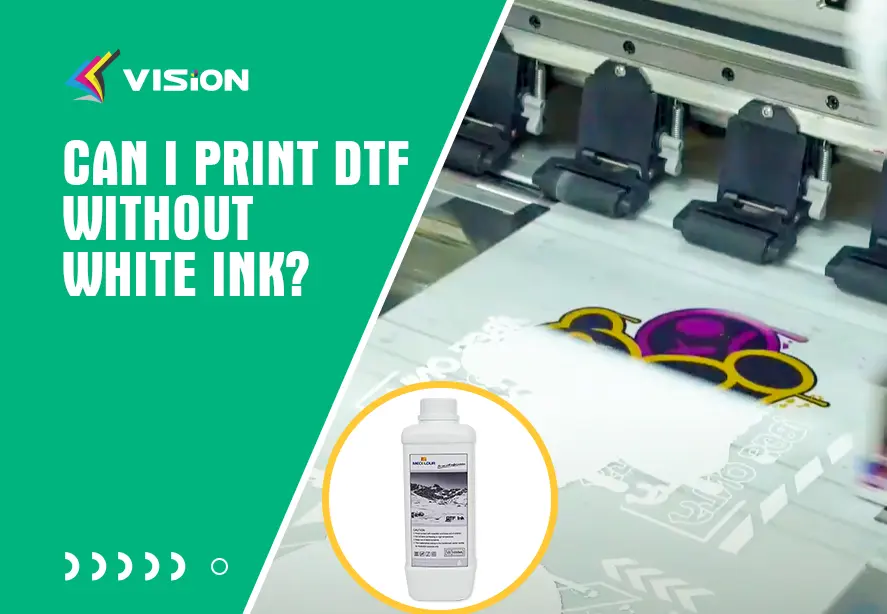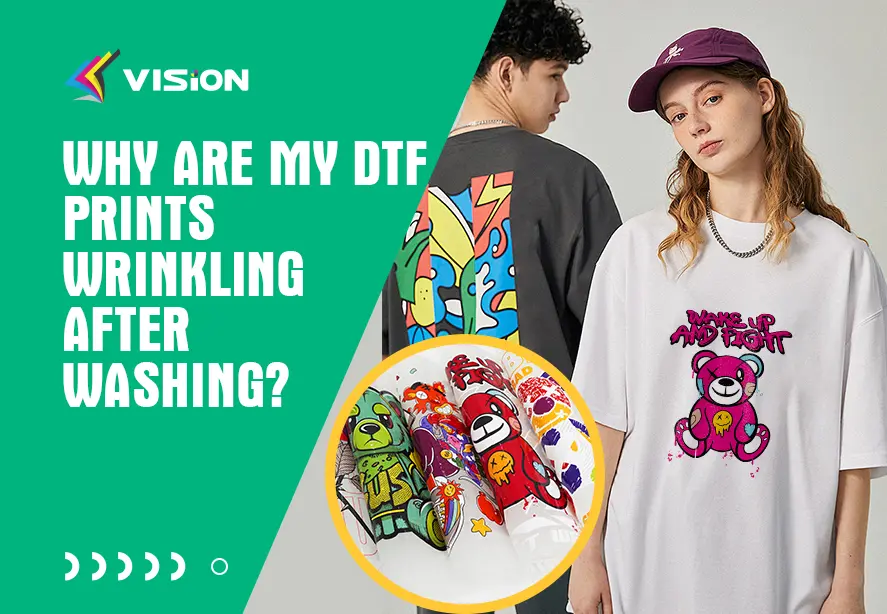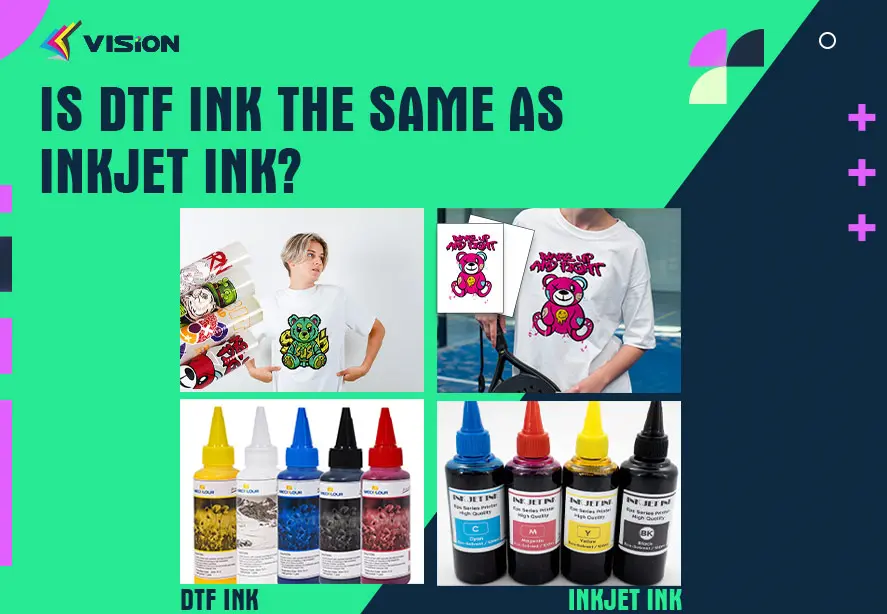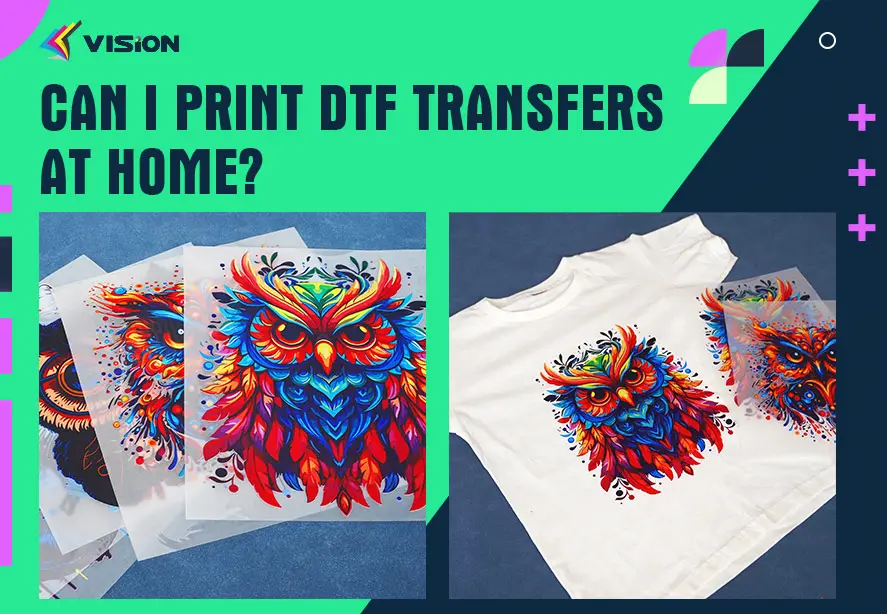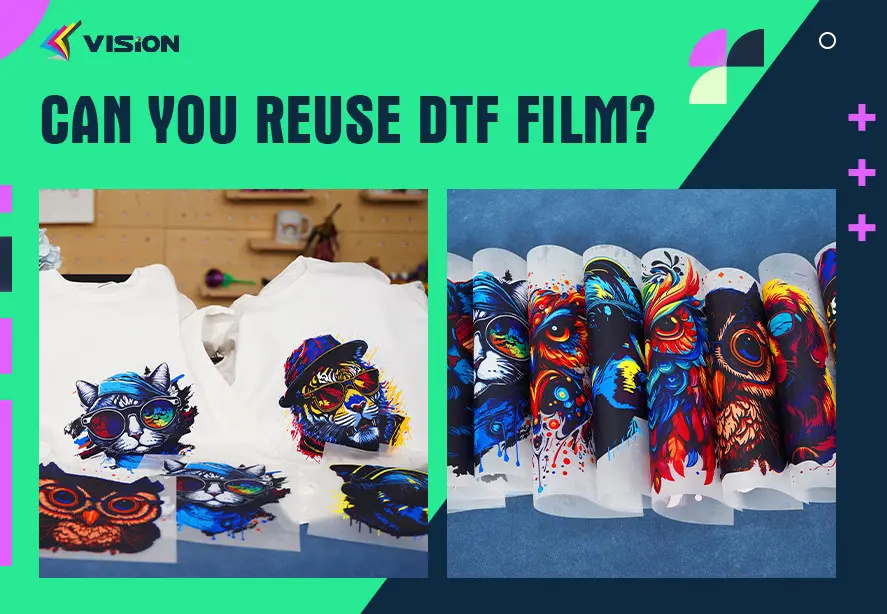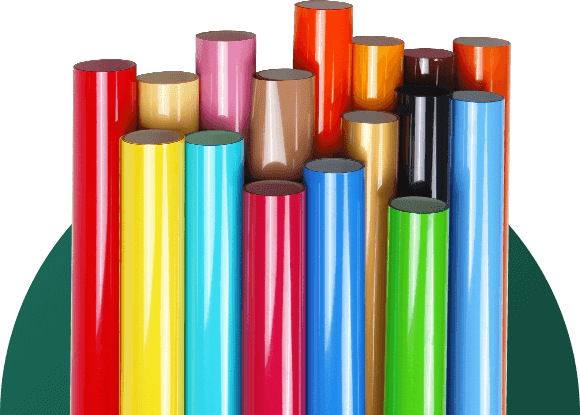Do You Need Special Ink for DTF Transfers?

Direct-to-Film (DTF) printing is revolutionizing fabric customization with its versatility and vibrant results. However, many newcomers to the process wonder: Do you need special ink for DTF transfers? The answer is a resounding yes! In this blog, we’ll dive into why DTF-specific ink is crucial, how it differs from regular ink, and tips for choosing the best ink for your DTF projects.
What Makes DTF Ink Special?
DTF ink is specifically formulated for the unique requirements of DTF printing. Unlike standard inkjet or sublimation inks, DTF inks are designed to:
Bond to adhesive powder: These inks work seamlessly with DTF adhesive powder to create a durable and flexible print.
Deliver vibrant colors: DTF ink has a higher pigment concentration, ensuring vivid and eye-catching designs.
Remain flexible: The ink maintains elasticity after transfer, preventing cracking or peeling on fabrics.
Key Features of DTF Ink
High Opacity White Ink
DTF printing requires white ink as a base layer to ensure designs appear vibrant on dark fabrics. Regular inks don’t include this feature, making DTF ink indispensable.
Wide Color Gamut
DTF inks are rich in pigment, providing a broader range of colors for high-definition prints.
Durability and Wash Resistance
DTF inks are engineered to endure washing, stretching, and daily wear without fading or cracking.
Compatibility with DTF Films
Standard inks don’t adhere well to DTF films. DTF inks are specially formulated to bond perfectly with the film and adhesive powder.
Why Can’t You Use Regular Ink for DTF Transfers?
Using regular ink for DTF printing can lead to several issues:
Poor Adhesion: Standard inks don’t bond properly with adhesive powders, causing the design to peel or fail during transfer.
Faded Colors: Regular inks lack the pigment concentration needed for vibrant, long-lasting prints.
No White Ink: Most standard printers and inks can’t produce the white base layer essential for DTF designs.
Printer Clogging: DTF printers use specialized inks that flow smoothly to prevent clogs and ensure consistent performance.
How to Choose the Right DTF Ink
Compatibility with Your Printer
Ensure the ink is compatible with your DTF printer model. Check the manufacturer’s recommendations for best results.
Pigment Quality
Choose inks with high pigment density for sharp, vibrant colors.
Durability
Look for inks that are labeled as wash-resistant and long-lasting.
Certified Safety
Ensure the inks are non-toxic and eco-friendly, especially for garments used by children or sensitive individuals.
Trusted Suppliers
Purchase from reputable suppliers to guarantee high-quality products and avoid counterfeit inks.
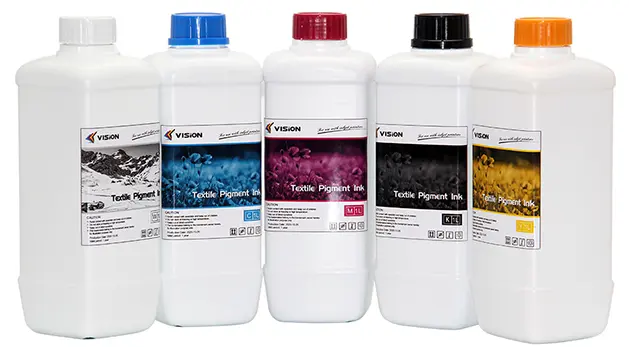
inks for dtf transfer
Tips for Using DTF Ink Effectively
Regular Printer Maintenance: Clean your printer heads frequently to prevent clogging.
Store Ink Properly: Keep ink bottles sealed and store them in a cool, dry place to maintain quality.
Shake White Ink: White ink tends to settle, so shake it well before use.
Use Matching Supplies: Pair your DTF ink with compatible films and powders for the best results.
Benefits of Using Special DTF Ink
Professional-Quality Prints: Achieve crisp, vibrant designs with long-lasting durability.
Enhanced Fabric Versatility: Works on a wide range of materials, including cotton, polyester, and blends.
Seamless Workflow: Designed for efficient printing and transfer processes.
Conclusion
Yes, you absolutely need special ink for DTF transfers! Regular inks simply cannot match the performance, vibrancy, and durability of DTF-specific inks. Investing in high-quality DTF inks ensures your prints stand out, whether you’re creating personalized apparel, promotional items, or custom gifts.
Related:
The Difference Between Dye Sublimation Ink and DTF Ink?
FAQs
DTF printing requires pigment-based inks specially formulated for Direct-to-Film technology.
No, sublimation ink is incompatible with DTF printing and won’t adhere properly to the film or fabric.
White ink acts as a base layer, ensuring vibrant colors and opacity on dark or colored fabrics.
Yes, most DTF inks are non-toxic and eco-friendly when purchased from reputable manufacturers.
Store DTF ink in a cool, dry place away from direct sunlight to maintain its quality.


